Source: https://laprensadelara.com/mundo/con...benito-espana/
Avian flu outbreak confirmed on a farm in Don Benito, Spain
As a preventative measure, the Regional Government of Extremadura has implemented restrictions in the Don Benito region, considered an affected area.
By Yoselyn Colmenarez
- May 25, 2025
The governing body of the Autonomous Community of Extremadura, Spain, confirmed this Saturday, May 25, through the National Reference Laboratory for Avian Influenza in Algete, the detection of the avian influenza virus in several geese found dead on a farm in the municipality of Don Benito, Badajoz, Spain. This is the first outbreak of avian influenza detected in wild birds in the region in 2025.
The virus subtype identified in the dead birds, found on the Doña Blanca farm, is H5N1. Authorities have emphasized that, so far, there is no evidence of outbreaks in poultry in the community.
They emphasized that it is important to highlight that H5N1 does not have a significant zoonotic capacity, which means that the possibility of transmission to humans is very low. However, it is recommended to minimize unnecessary contact with birds that show clinical symptoms or are found dead in the field.
Restrictions placed in Don Benito due to avian influenza
As a preventive measure, the Regional Government of Extremadura has implemented restrictions in the Don Benito region, considered an affected area. The presence of poultry or any other type of captive birds has been prohibited at livestock competitions, shows, exhibitions, and cultural celebrations. Likewise, any gathering of poultry or captive birds outdoors in the area has been banned. The governing body of the Autonomous Community of Extremadura, Spain, confirmed this Saturday, May 25, through the National Reference Laboratory for Avian Influenza in Algete, the detection of the avian influenza virus in several geese found dead on a farm in the municipality of Don Benito, Badajoz, Spain. This is the first outbreak of avian influenza detected in wild birds in the region in 2025.
Avian flu outbreak confirmed on a farm in Don Benito, Spain
As a preventative measure, the Regional Government of Extremadura has implemented restrictions in the Don Benito region, considered an affected area.
By Yoselyn Colmenarez
- May 25, 2025
The governing body of the Autonomous Community of Extremadura, Spain, confirmed this Saturday, May 25, through the National Reference Laboratory for Avian Influenza in Algete, the detection of the avian influenza virus in several geese found dead on a farm in the municipality of Don Benito, Badajoz, Spain. This is the first outbreak of avian influenza detected in wild birds in the region in 2025.
The virus subtype identified in the dead birds, found on the Doña Blanca farm, is H5N1. Authorities have emphasized that, so far, there is no evidence of outbreaks in poultry in the community.
They emphasized that it is important to highlight that H5N1 does not have a significant zoonotic capacity, which means that the possibility of transmission to humans is very low. However, it is recommended to minimize unnecessary contact with birds that show clinical symptoms or are found dead in the field.
Restrictions placed in Don Benito due to avian influenza
As a preventive measure, the Regional Government of Extremadura has implemented restrictions in the Don Benito region, considered an affected area. The presence of poultry or any other type of captive birds has been prohibited at livestock competitions, shows, exhibitions, and cultural celebrations. Likewise, any gathering of poultry or captive birds outdoors in the area has been banned. The governing body of the Autonomous Community of Extremadura, Spain, confirmed this Saturday, May 25, through the National Reference Laboratory for Avian Influenza in Algete, the detection of the avian influenza virus in several geese found dead on a farm in the municipality of Don Benito, Badajoz, Spain. This is the first outbreak of avian influenza detected in wild birds in the region in 2025.


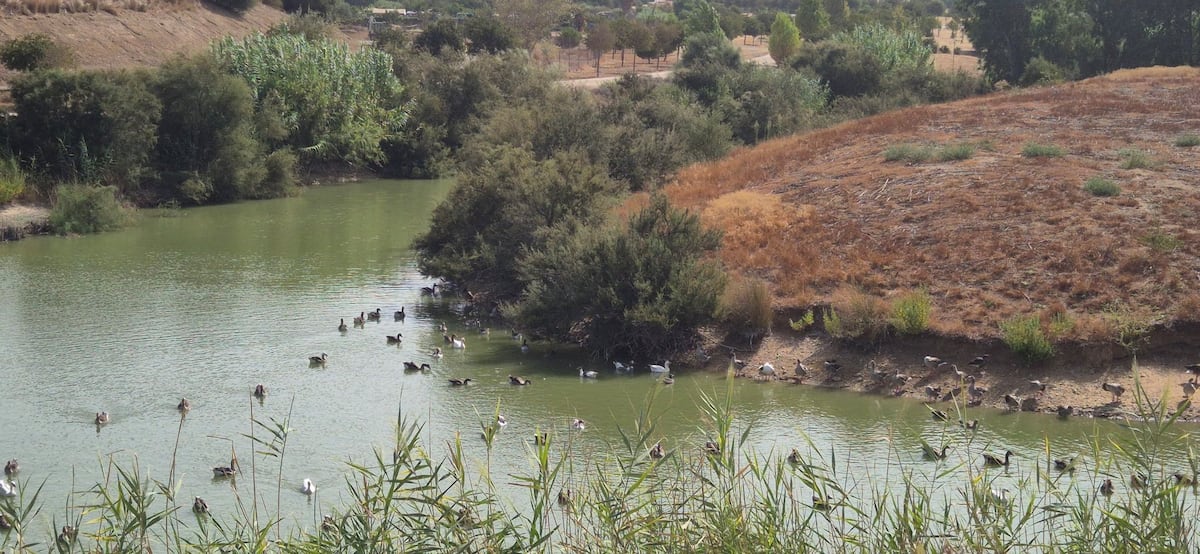
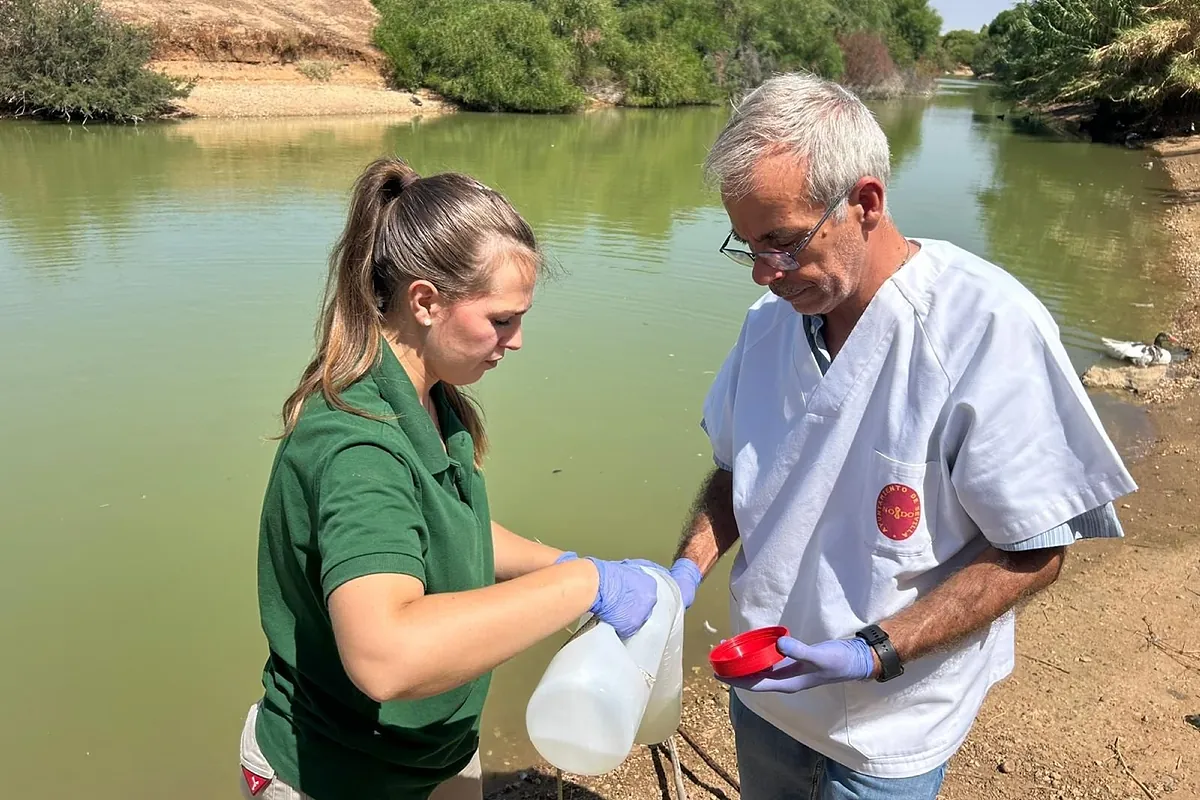
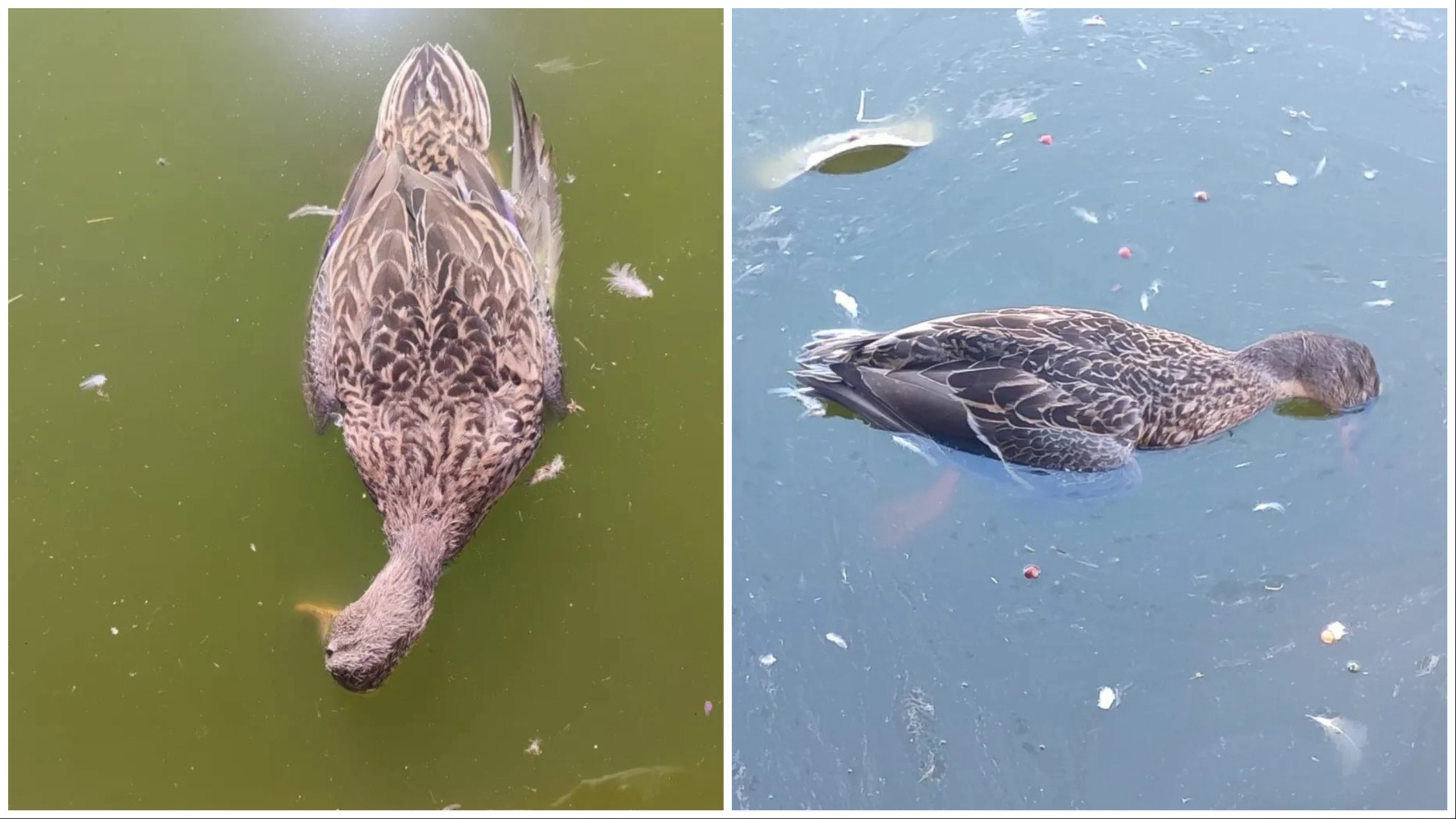
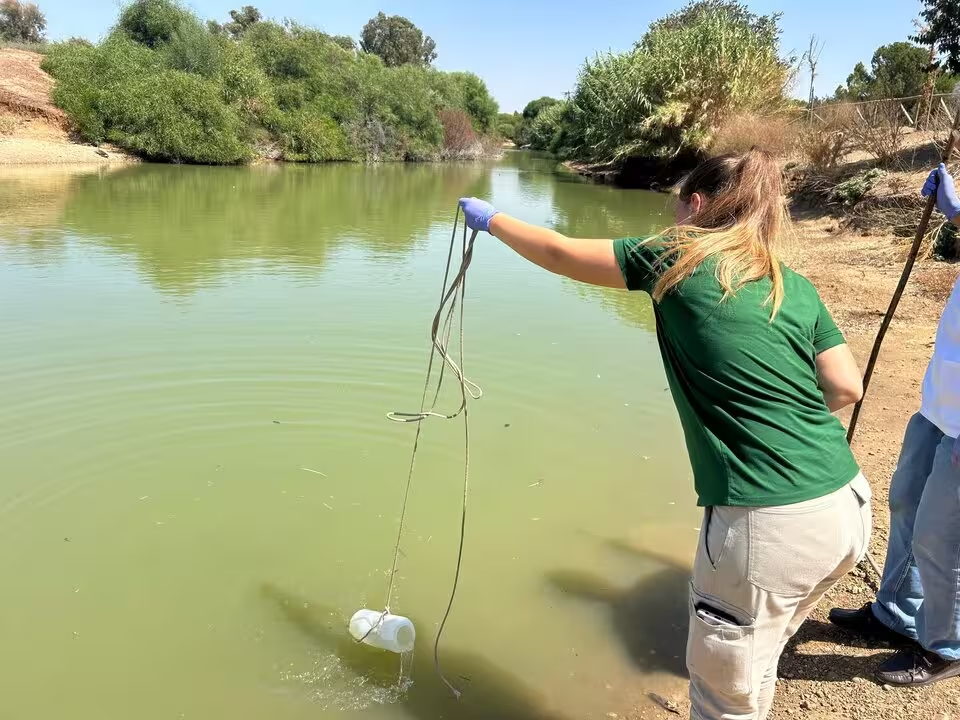


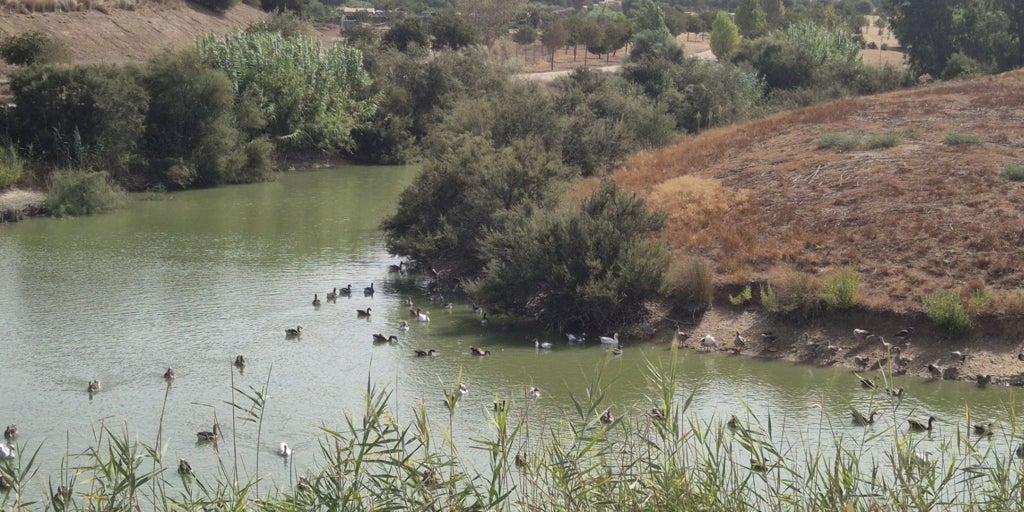
Comment